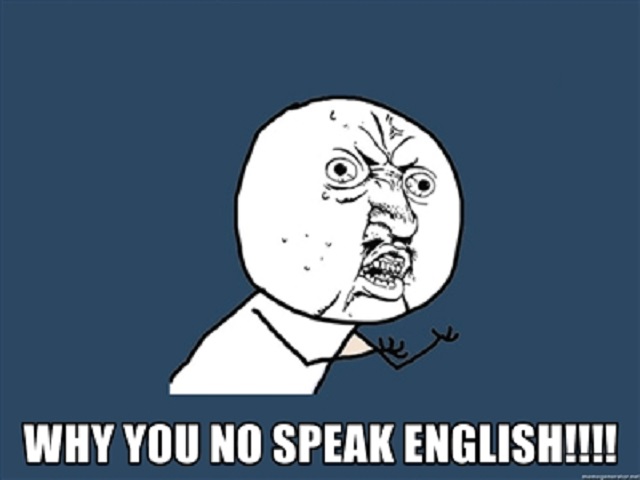5. IRONIC vs. COINCIDENTAL
A lot of people get this wrong. If you break your leg the day before a ski trip, that’s not ironic —it’s coincidental (and bad luck). Ironic has several meanings, all of which include some type of reversal of what was expected. Verbal irony is when a person says one thing but clearly means another. Situational irony is when a result is the opposite of what was expected. O. Henry was a master of situational irony. In his famous short story The Gift of the Magi , Jim sells his watch to buy combs for his wife’s hair, and she sells her hair to buy a chain for Jim’s watch. Each character sold something precious to buy a gift for the other, but those gifts were intended for what the other person sold. That is true irony. If you break your leg the day before a ski trip, that’s coincidental. If you drive up to the mountains to ski, and there was more snow back at your house, that’s ironic.
6. IMPLY vs. INFER
To imply means to suggest something without saying it outright. To infer means to draw a conclusion from what someone else implies. As a general rule, the speaker/writer implies, and the listener/reader infers.





































Discussion about this post